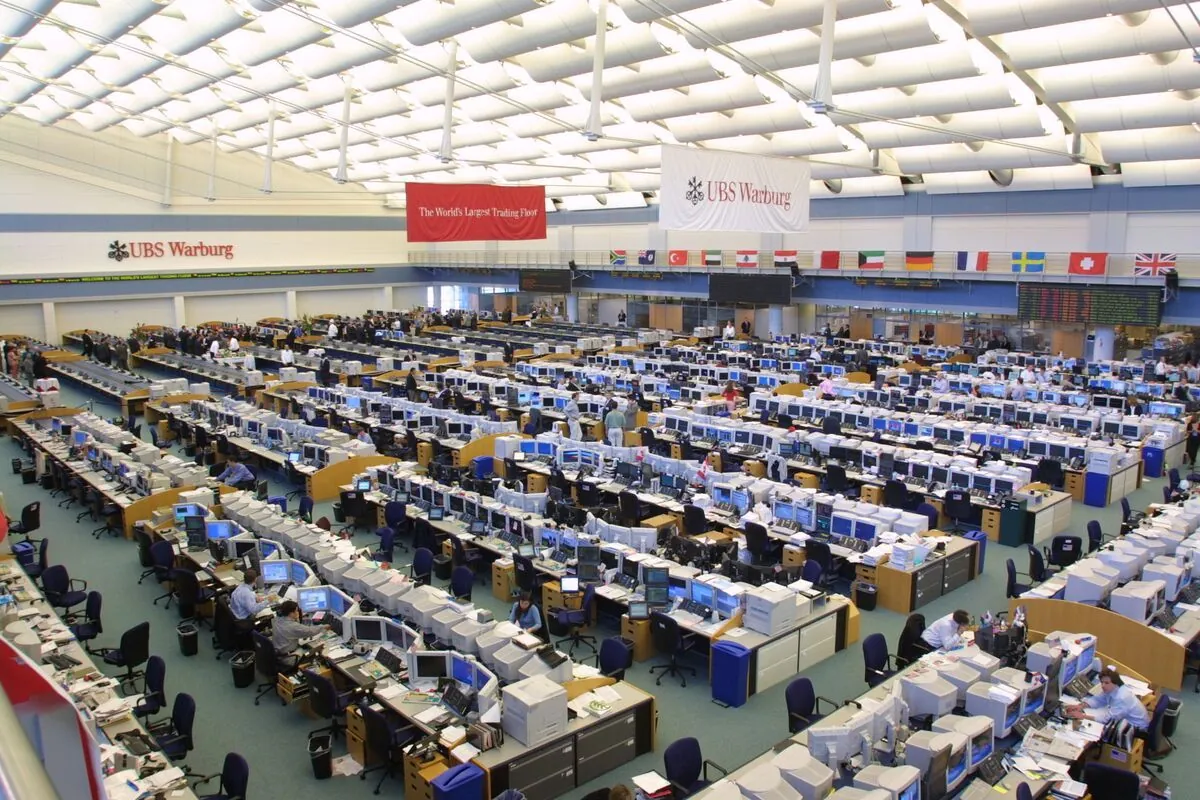UBS Tackles Credit Suisse Integration, Faces Growth Hurdles
UBS reports progress in Credit Suisse integration and cost-cutting, but faces challenges in wealth management growth. The bank's valuation remains steady amid uncertainties about its future performance.

Sergio Ermotti, CEO of UBS, is navigating the complexities of integrating Credit Suisse following the state-backed rescue in 2023. This merger, the largest in the banking sector since the 2008 financial crisis, has created Switzerland's largest bank and presented significant challenges and opportunities.
UBS has made substantial progress in streamlining the former Credit Suisse investment bank. The non-core division is on track to reduce its risk-weighted assets to $48 billion by the end of 2024, a 44% decrease from the previous year. This division, led by Beatriz Martin Jimenez, has shown promising results by generating revenue while exiting old positions.

The integration process is accelerating, with Ermotti increasing the cost-cutting target for 2024 by an additional $500 million. By year-end, UBS expects to achieve over half of its $13 billion savings goal set for 2026. However, the exact proportion of these savings that will be reinvested remains unclear.
Despite these positive developments, UBS faces growth challenges, particularly in its core wealth management business. Both the wealth division and the Swiss domestic bank reported lower revenue in Q2 2024 compared to Q1. While some factors may be temporary, such as reduced client transactions, the growth rates for asset inflows in wealth management have been modest at 2-3% in recent quarters.
Ermotti has set an ambitious target of $200 billion in annual net new assets by 2028 for the wealth management division. However, the strategy to achieve this goal remains unclear, especially when compared to competitors like Morgan Stanley.
"We are making steady progress in the integration of Credit Suisse, but we recognize the challenges ahead in driving sustainable growth."
UBS's valuation, currently at approximately 1 times forward tangible book value, reflects these uncertainties. This valuation lags behind wealth management rivals such as Morgan Stanley and Julius Baer, which trade at 2 to 3 times book value.
The bank's Q2 2024 results showed underlying revenue of $11.1 billion, a 10% year-on-year increase but a 7% decrease from Q1. UBS has also revised its targets for the non-core unit, aiming to reduce risk-weighted assets to $37 billion by the end of 2025.
As UBS continues to integrate Credit Suisse and navigate the challenges of the global financial landscape, it's worth noting some interesting facts about the bank. Founded in 1862, UBS has a rich history in Swiss banking. The bank has been a pioneer in sustainable investing, launching its first socially responsible investment fund in 1997. UBS also maintains one of the world's largest corporate art collections, demonstrating its commitment to cultural support.
The success of the Credit Suisse integration and UBS's ability to drive growth in its core businesses will be crucial in determining the bank's future performance and valuation. As the financial world watches, Ermotti and his team face the task of not only streamlining operations but also proving that UBS can be a reliable growth engine in the competitive global banking sector.


































